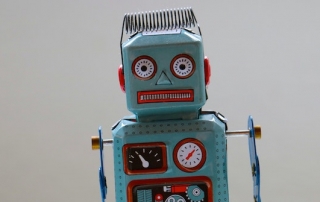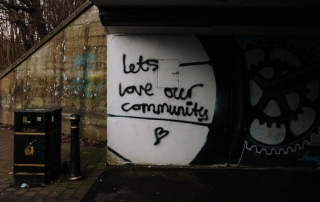Happy to be a woman. Just don’t need to attend to it so much.
A common complaint from those who are minoritised in certain domains of life, such as work, feel that their minoritised identity receives too much emphasis. Philosophers who are women might complain that they are seen as women before they are seen as philosophers. Artists who are Black might object to being called ‘Black artists’ in reviews of their […]












Connect with us
Facebook
Twitter
Youtube
Flickr